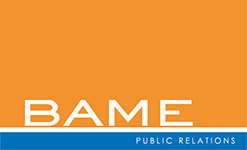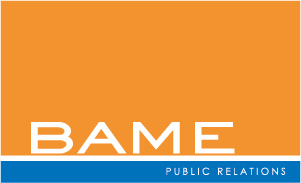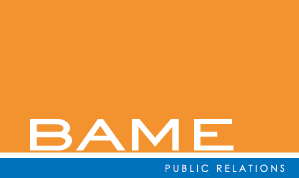Writing Advice for Lawyers
I review a lot of articles, bios, client alerts, news releases, and blog posts for lawyers. Since I have a journalism background I often get frustrated with the way lawyers approach their (non-legal) writing. I know the best writing captures a reader’s attention with a smart and creative headline and a strong opening that gives the reader the news up front. For example, the first paragraph should contain the “hook” as to why this is an important piece. Can you imagine picking up the New York Times or Wall Street Journal with boring and confusing headlines and articles that begin with the history of an issue rather why we should care about the topic? No one would buy the papers or visit the websites.
The ABA Journal this month offers us insights as to why lawyers may not be the best writers. Article author Bryan Garner, president of LawPress, Inc. and editor of Black’s Law Dictionary points to a series of studies conducted in 1999 by two Cornell psychologists who penned an explanation called the Dunning-Kruger effect.
We all know how critical good writing is for business communications. But as lawyers delve deeper into marketing and public relations to attract potential clients, written communication is now a broader critical skill. Law schools need to recognize this, too. Law graduates have to be more than a good student, they have to generate business, and the best client relationships are fundamentally about strong communication skills.
Schools need start teaching business and journalism writing so the layers who leave law school understand how to effectively write in a manner that speaks to the client – the business people that rely on the lawyers to communicate ideas, and issues. Young lawyers should take the initiative to take courses on their own that will help their business writing skills whether at a local university or attend programs provided by their law firms. This skill is essential not just for communicating with clients, but also in writing important client alerts, and getting published in the business (and legal) press. If this happened, it would make the writing process less painful for everyone involved, especially the public relations professional who has to edit the work.




